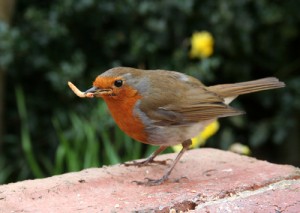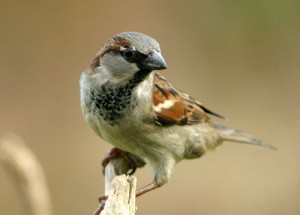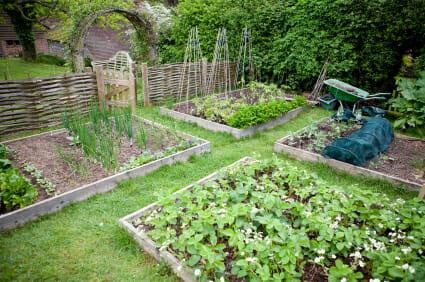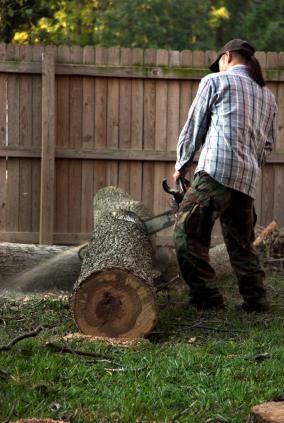 I come from a long line of farmers, although my dad didn’t follow in his father’s footsteps, opting instead for a life of military service. Raised an Army brat, my knowledge of vegetables and fruits was limited to what I found in the grocery store. In later years, after my dad retired, he started his own garden and tried to get me interested. Being the insolent “I don’t have the time or desire for that” teenager that I was, I refused to participate or learn from him.
I come from a long line of farmers, although my dad didn’t follow in his father’s footsteps, opting instead for a life of military service. Raised an Army brat, my knowledge of vegetables and fruits was limited to what I found in the grocery store. In later years, after my dad retired, he started his own garden and tried to get me interested. Being the insolent “I don’t have the time or desire for that” teenager that I was, I refused to participate or learn from him.
It’s a decision I regret to this day.
To make up for that stupidity, over the years I’ve taken to reading everything I can on gardening. I’ve spoken to well-seasoned gardeners and have tried to learn from those I feel know more than I do. One of the things everyone says, from those who have gardens to those who write gardening books, is that one way to help your garden is to attract “beneficial birds and insects.”
The only problem is they can’t tell me what type of birds and insects those are, nor can they tell me how to attract them. It’s like someone coined a phrase years ago and everyone just parrots it. This week we’ll talk about the birds. We’ll cover insects next time.
First of all, most birds don’t eat what you’re probably growing in your garden. Many birds feed exclusively on insects, the really bad kind that devour the leaves off all your plants and tear into the tender fruit produced. While your garden is in major production mode, most birds are busy raising their young. This translates into the need for extra food for babies and themselves, and is a point in your favor. Their favorite insects seem to be grasshoppers, aphids, beetles, caterpillars, and slugs – the most destructive pests in your garden.
 Bluebirds like the grasshoppers and other insects that get on the leaves of plants. Robins eat grubs as well as other insects. Hummingbirds eat fruit flies and gnats, as well as aphids. In order to attract these and other birds, research their habits – where do they nest, what do they eat, where do they gather (if they do) and where do they bathe? There are plenty of books on birds and sites online that can give you the information you need.
Bluebirds like the grasshoppers and other insects that get on the leaves of plants. Robins eat grubs as well as other insects. Hummingbirds eat fruit flies and gnats, as well as aphids. In order to attract these and other birds, research their habits – where do they nest, what do they eat, where do they gather (if they do) and where do they bathe? There are plenty of books on birds and sites online that can give you the information you need.
The one bird you don’t want in your garden? The crow! They’re destructive critters that will eat seeds out of the garden and berries from bushes. Whatever you do, discourage them from making your garden their home!
While I’m not an environmentalist in the vein of worshiping at the altar of nature or thinking that mankind is a scourge on the natural order, I do believe that God placed a unique symbiotic order to the world that involves all of nature and mankind. By utilizing that natural order, we can grow healthier, more productive gardens that will provide us nature’s bounty year after year.









